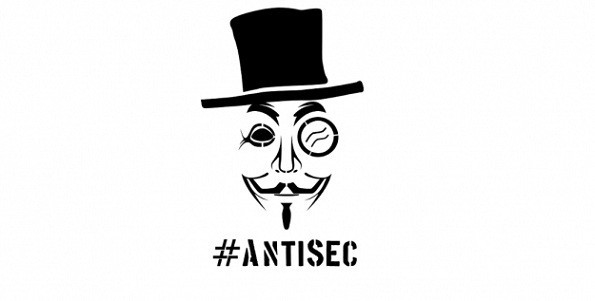AntiSec Will Survive OpAntiSec's Demise - Analyst

Following the revelation that highprofile LulzSec and Anonymous member Sabu is an FBI informant, analysts have stepped forward to argue that even if OpAntiSec dies, the wider Anti Security movement will survive.
Questions regarding the future of Operation AntiSec erupted across the internet immediately after the initial Fox News article emerged reporting Sabu as an FBI rat on Tuesday.
"This news certainly looks like the endgame for the splinter group known as LulzSec and possibly AntiSec too. It should certainly be expected that law enforcement have gathered all evidence they feel is necessary to proceed effectively against those individuals they are currently charging. Sabu was certainly not their only source of intelligence, but undoubtedly their most important," read one statement by Trend Micro's director of security research and communications, Rik Ferguson.
Speaking to the International Business Times UK, other analysts have since argued that while LulzSec's specific version of AntiSec may die, the older, 1990s born Anti Security movement (AntiSec) will likely survive.
"They aren't the same. And to me, the AntiSec movement is something that's worth an academic debate. But #OpAntiSec never made much sense to me, nor did Sabu's vocalization of the OpAntiSec ideal - but I guess we now know why..." commented F-Secure security expert Sean Sullivan.
Sullivan's comments mirror those of Ferguson, who in a blog post released after Anonymous and LulzSec announced OpAntiSec in the summer of 2011, condemned the operation's Frankenstein take on the AntiSec movement's philosophy.
"In the ultimate irony, the original AntiSec manifesto from back in 2001 was all about the irresponsibility of full disclosure. That same manifesto was reposted when Imageshack was compromised 8 years later. The manifesto criticised the 'security industry' for using full-disclosure to develop 'scare tactics' to convince people into buying security [products]. Are you listening Operation AntiSec?" wrote Ferguson.
Citing the slew of high-profile assaults enacted by Anonymous and LulzSec on targets such as the FBI, the UK Serious Organised Crime Agency and NATO Ferguson suggested the term AntiSec was purely used for convenience as a means to add an air of purpose to the attacks.
"The truth is that the majority of people now assembling under the Anti-Sec banner are doing this simply because they can. The convenience of having a 'cause' somehow making it laudable. It is true that there are far too many poorly secured and configured web-sites out there."
"It is also true that the customers of those websites deserve a higher degree of care than they currently receive. It is manifestly not true to say that the interests of those people are best served by pasting their personal data all over the internet," concluded Ferguson.
The FBI confirmed on Wednesday, the Fox News suggestion that Sabu, who's identity has been revealed as Hector Xavier Monsegur, an unemployed 28-year-old Puerto Rican living in New York, had turned snitch. Since the news broke, numerous Anonymous Twitter accounts have posted statements promising OpAntiSec will continue.
Seeking to prove its point, several Anons have since mounted an ongoing "hacking rampage" attacking numerous governments and companies, including security firm PandaLabs.
© Copyright IBTimes 2025. All rights reserved.





















